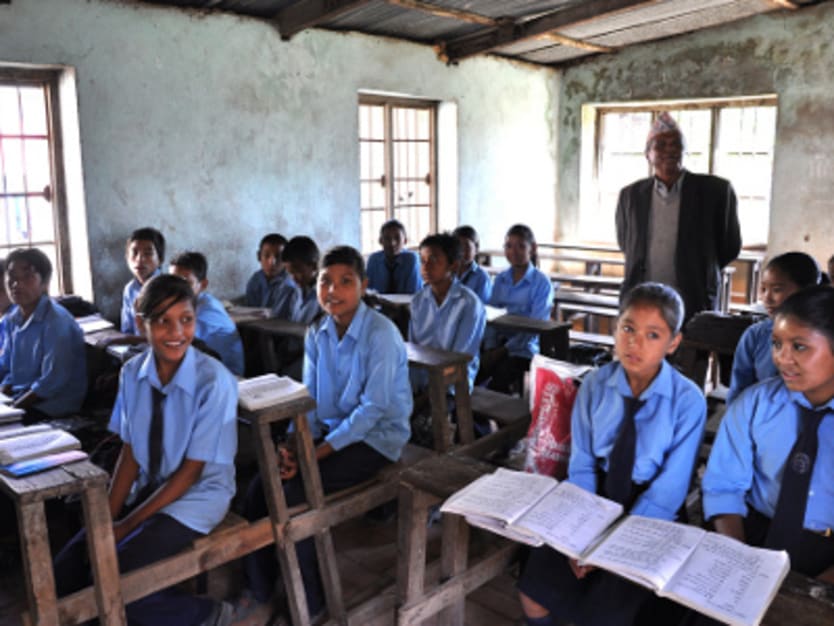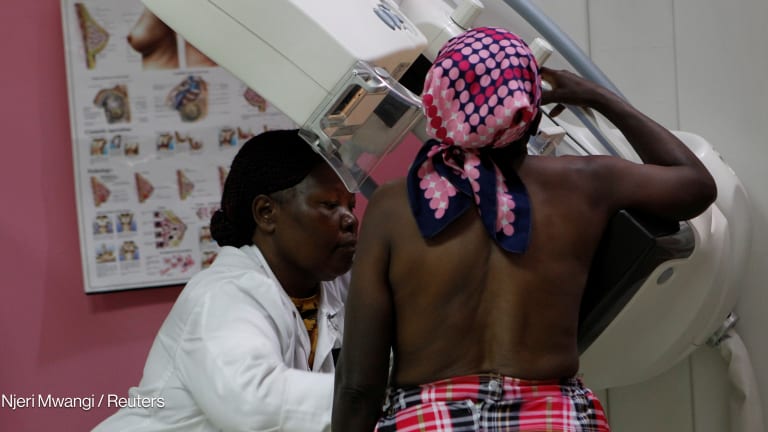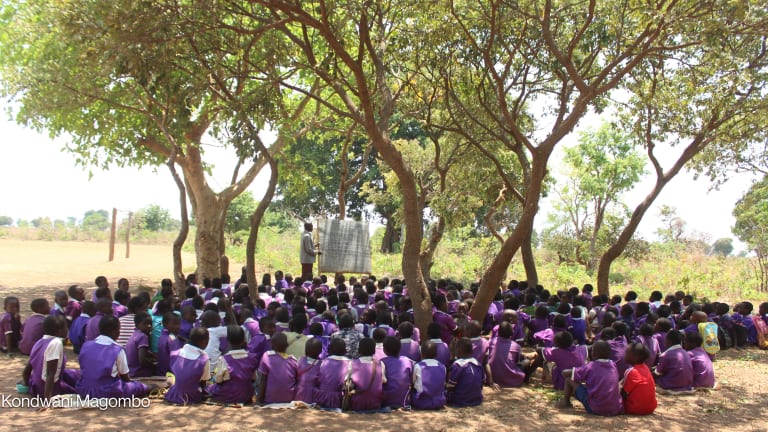
Developing countries have achieved significant gains in education and health over several decades, but gaps and inequalities remain within and between several countries, according to the latest United Nations report on human development.
“We see great advances, but changes over the past few decades have by no means been wholly positive,” authors of the report said, as quoted by the U.N. News Center. “Some countries have suffered serious setbacks, particularly in health, sometimes erasing in a few years the gains accumulated over several decades.”
The Human Development Report assesses the overall state of human development across the globe based on health, income and education indicators. It is published annually by the U.N. Development Program as an alternative to macroeconomic reviews of national progress.
Oman, Laos, Nepal are among the top 10 countries found to have posted marked improvements over the past decades, while Cambodia, Benin and Ethiopia are in the top 20. Jeni Klugman, the report’s lead author, noted that these countries are “not typically described as success stories.”
Inequalities remain
This year’s report reviews human development progress over the past four decades. It found that while countries on the top half of the Human Development Index averaged gains of 54 percent, countries at the lower end of the index experienced improvements of less than 20 percent.
The Human Development Index is a composite measure of income, health and education for 169 countries. Norway, Australia and New Zealand topped the list, while Niger, the Democratic Republic of Congo and Zimbabwe figured at the bottom of the rankings.
Challenges ahead
The report outlines several policy and research-related implications of its findings. It notes that “development policies must be based on the local context and sound overarching principles; numerous problems go beyond the capacity of individual states and require democratically accountable global institutions.”
On research, the report called for a deeper look into the surprisingly weak relationship of economic growth and improvements in education and health, as it has exposed.








